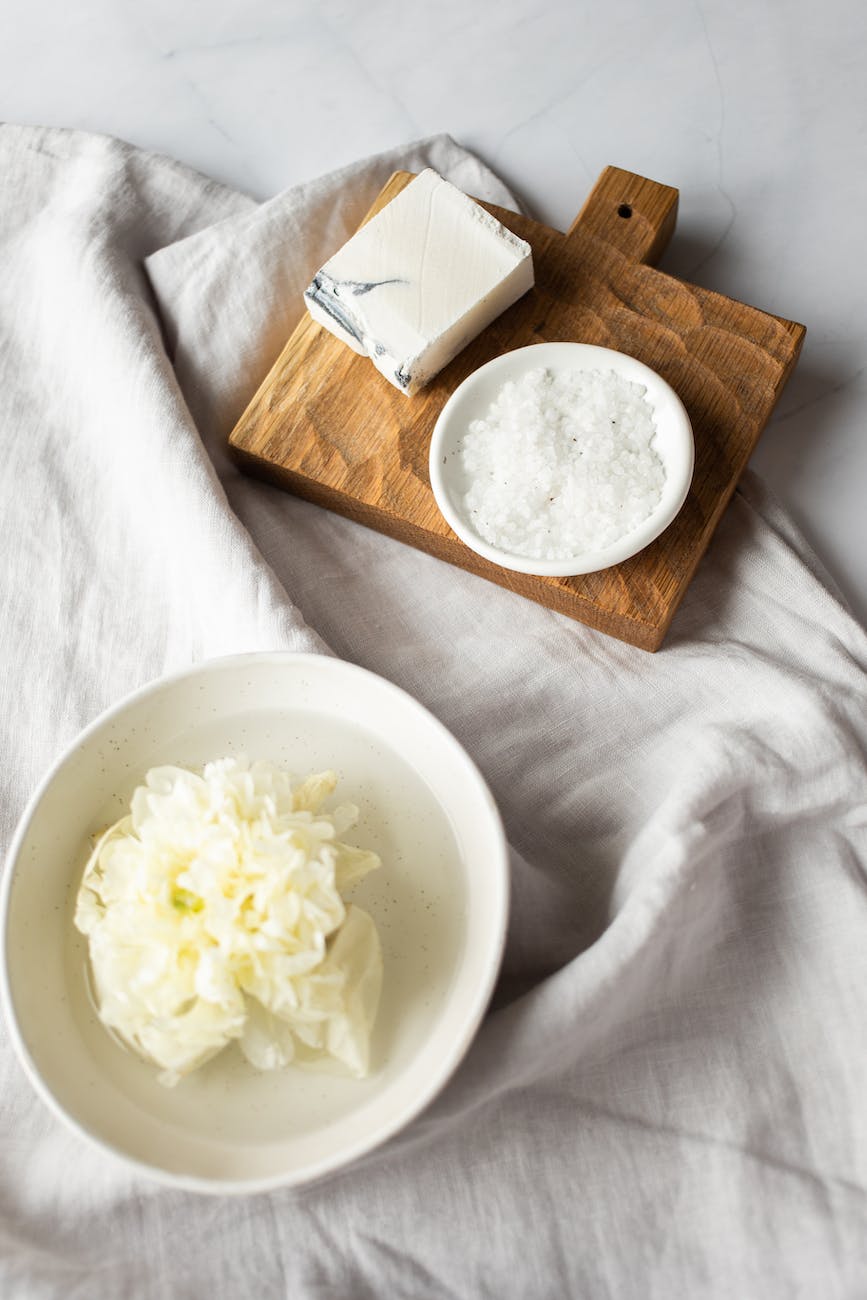what are handmade soaps?
Handmade soaps are a popular choice for those who want to use natural and environmentally-friendly products on their skin. They are artisanal products that are carefully crafted by soap makers using natural ingredients. Unlike commercial soaps, which are often mass-produced and contain synthetic ingredients, handmade soaps offer a range of benefits for your skin and the environment.
What is a Handmade Soap?
Definition of Handmade Soap
A handmade soap is a soap that is crafted by hand using natural ingredients such as oils, butters, and lye. It is a traditional method of soap making that has been passed down through generations. Handmade soaps are typically made in small batches to ensure quality and consistency.
Benefits of Using Handmade Soap
Handmade soaps offer a range of benefits for your skin. They are free from harsh chemicals and detergents that can strip your skin of its natural oils. Instead, they are made with natural ingredients that can nourish and hydrate your skin.
How Are Handmade Soaps Made?
Handmade soaps are made through a process called saponification. This is the chemical reaction between oils or fats and lye that produces soap. Soap makers carefully measure and mix the ingredients to create a balanced blend. After the soap is made, it is left to cure for several weeks to allow it to harden and mature.
Why Choose Natural Soap?
Advantages of Natural Soap
Natural soaps are a healthier alternative to commercial soaps. They are made with natural ingredients that are gentle on your skin. Unlike commercial soaps that often contain synthetic fragrances and harsh chemicals, natural soaps are free from artificial additives that can irritate your skin.
How Does Natural Soap Differ from Commercial Soaps?
Natural soaps are made using traditional methods and natural ingredients, while commercial soaps are often mass-produced using synthetic ingredients. Natural soaps retain the glycerin that is formed during the soap-making process, which is a natural humectant that helps to keep your skin moisturized. Commercial soaps, on the other hand, often have the glycerin removed and replaced with synthetic fillers.
Understanding the Ingredients of Natural Soaps
Natural soaps are made using a variety of natural oils and butters. Common ingredients include coconut oil, palm oil, olive oil, and shea butter. These ingredients have different properties that can benefit your skin, such as providing hydration, soothing dryness, and improving the overall texture of your skin.
How Do Handmade Soaps Benefit Your Skin?
The Impact of Natural Ingredients on Different Skin Types
Handmade soaps can benefit different skin types. For example, if you have sensitive skin, you can choose a soap that is made with gentle ingredients such as chamomile or oatmeal. These ingredients can help to soothe and calm your skin, reducing irritation and redness.
Glycerin and Its Benefits for the Skin
Glycerin is a natural byproduct of the soap-making process. It is a humectant that draws moisture into the skin, helping to keep it hydrated and supple. Handmade soaps retain the glycerin, which is why they are often more moisturizing than commercial soaps.
Using Essential Oils in Handmade Soaps
Essential oils are often used in handmade soaps for their therapeutic properties and natural fragrances. Different essential oils have different benefits for the skin. For example, lavender essential oil is known for its calming and soothing properties, while tea tree essential oil is often used for its antibacterial and acne-fighting properties.
How Are Handmade Soaps Made?
The Process of Saponification
Saponification is the chemical reaction that occurs when oils or fats are combined with lye to produce soap. Soap makers carefully measure and mix the ingredients to create a balanced blend. The process involves heating the oils or fats, adding lye, and stirring the mixture until it thickens and reaches trace. Once the soap has reached trace, it is poured into molds and left to cure for several weeks.
The Importance of Small Batch Production
Handmade soaps are often made in small batches to ensure quality and consistency. This allows soap makers to carefully control the ingredients and process, resulting in a high-quality soap that is beneficial for your skin.
The Use of Coconut Oil and Palm Oil in Handmade Soaps
Coconut oil and palm oil are commonly used in handmade soaps due to their unique properties. Coconut oil creates a rich lather and adds moisture to the skin, while palm oil helps to harden the soap and create a long-lasting bar.
Environmental Impact of Handmade Soaps
Reducing Plastic Waste with Bar Soaps
Handmade soaps are typically sold in bar form, which reduces the need for plastic packaging. This helps to reduce plastic waste and minimize the environmental impact of your skincare routine.
The Sustainable Production of Handmade Soaps
Many soap makers prioritize sustainability in their production processes. They source their ingredients responsibly and use environmentally-friendly practices, such as recycling materials and using biodegradable packaging.
How Handmade Soaps Contribute to a Greener Planet
By choosing handmade soaps, you are supporting a more sustainable and eco-friendly way of producing and consuming personal care products. Handmade soaps are typically made with natural and biodegradable ingredients, and their production has a lower carbon footprint compared to mass-produced commercial soaps.
